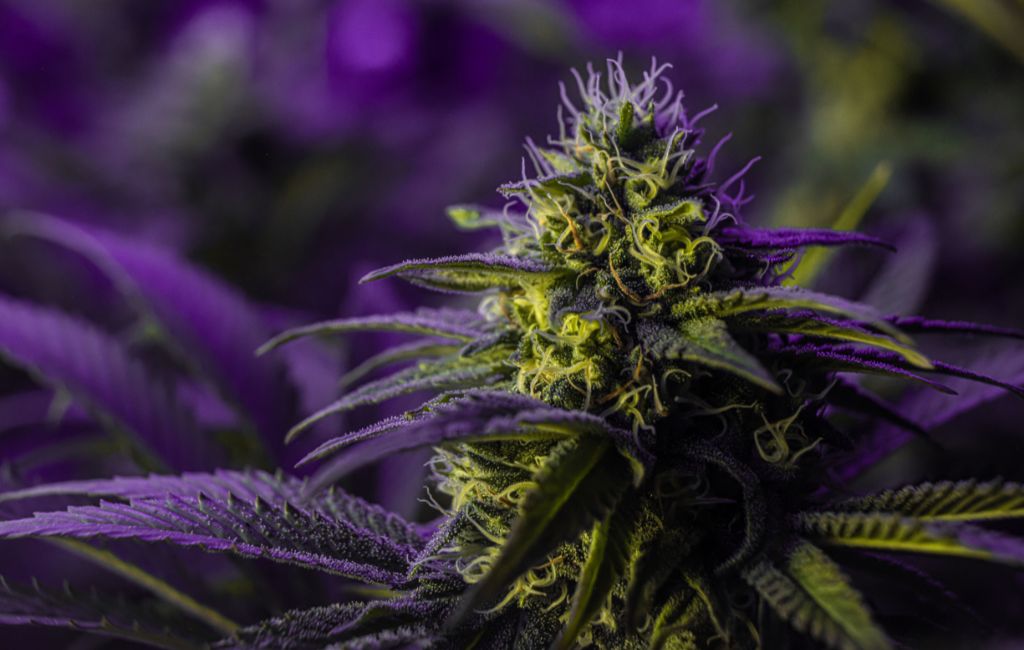The cannabis industry has seen a surge in interest around various cannabinoids, with THCa emerging as a focal point. Among the myriad of strains, Lemon Cherry THCa stands out for its unique properties and potential benefits. This article delves into the intricacies of Lemon Cherry THCa, offering insights into its composition, effects, and applications.
Understanding THCa
THCa, or tetrahydrocannabinolic acid, is a non-psychoactive cannabinoid found in raw cannabis plants. Unlike THC, THCa does not produce a high when consumed. It is only through decarboxylation, a process involving heat, that THCa converts into THC, the psychoactive compound.
Research suggests that THCa may offer a range of therapeutic benefits. These include anti-inflammatory properties, neuroprotective effects, and potential anti-emetic applications. As interest in non-psychoactive cannabinoids grows, THCa is gaining attention for its potential health benefits.
The Allure of Lemon Cherry THCa
Lemon Cherry THCa is a strain that combines the aromatic profiles of lemon and cherry, resulting in a unique sensory experience. This strain is particularly noted for its high THCa content, making it a popular choice among those seeking the benefits of THCa without the psychoactive effects of THC.
The strain’s appeal lies in its potential therapeutic applications. Users report experiencing relief from symptoms such as pain, inflammation, and nausea. The combination of lemon and cherry terpenes may also contribute to its calming and uplifting effects.
Terpene Profile
- Limonene: Known for its citrus aroma, limonene is believed to have mood-enhancing and stress-relieving properties.
- Myrcene: This terpene is associated with sedative effects and may enhance the absorption of other cannabinoids.
- Pinene: With a pine-like aroma, pinene is thought to have anti-inflammatory and bronchodilator effects.
Potential Benefits and Applications
Lemon Cherry THCa is gaining traction for its potential health benefits. While research is still in its early stages, anecdotal evidence and preliminary studies suggest several promising applications.
Pain and Inflammation
Many users report that Lemon Cherry THCa provides relief from chronic pain and inflammation. This is particularly relevant for individuals with conditions such as arthritis or fibromyalgia. The anti-inflammatory properties of THCa, combined with the soothing effects of the strain’s terpenes, may offer a natural alternative to traditional pain management methods.
Neuroprotective Properties
Emerging research indicates that THCa may have neuroprotective effects, potentially benefiting individuals with neurodegenerative conditions. While more studies are needed, the initial findings are encouraging and warrant further exploration.
Nausea and Appetite Stimulation
THCa is also being investigated for its potential to alleviate nausea and stimulate appetite. This could be particularly beneficial for patients undergoing treatments such as chemotherapy, where nausea and loss of appetite are common side effects.
Case Studies and User Experiences
Several case studies highlight the potential benefits of Lemon Cherry THCa. For instance, a study involving patients with chronic pain found that those using THCa-rich strains reported significant improvements in pain management and quality of life.
User testimonials further underscore the strain’s appeal. Many individuals praise Lemon Cherry THCa for its ability to provide relief without the psychoactive effects associated with THC. This makes it an attractive option for those seeking therapeutic benefits without the high.
Challenges and Considerations
While Lemon Cherry THCa offers numerous potential benefits, there are challenges to consider. The legal status of THCa varies by region, and consumers should be aware of local regulations before purchasing or using THCa products.
Additionally, the lack of extensive research means that the full range of effects and potential side effects of THCa are not yet fully understood. Consumers should approach THCa with an open mind and consult healthcare professionals when considering its use for medical purposes.
Conclusion
Lemon Cherry THCa represents an exciting development in the cannabis industry, offering a unique combination of flavors and potential therapeutic benefits. While research is still evolving, the strain’s high THCa content and appealing terpene profile make it a promising option for those seeking non-psychoactive cannabis solutions. As interest in cannabinoids continues to grow, Lemon Cherry THCa stands poised to play a significant role in the future of cannabis therapeutics.
